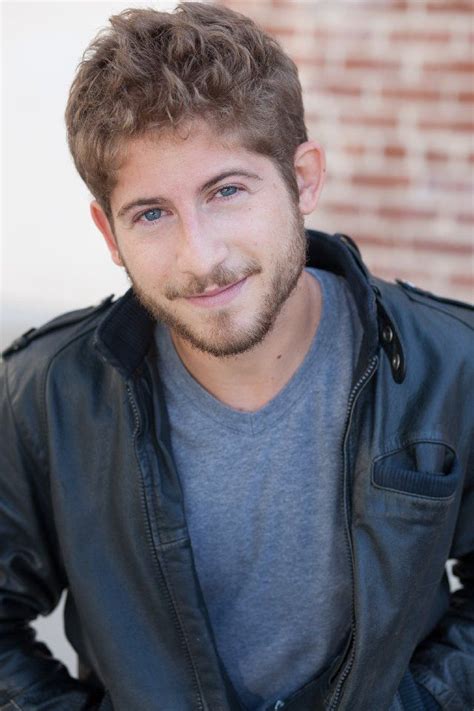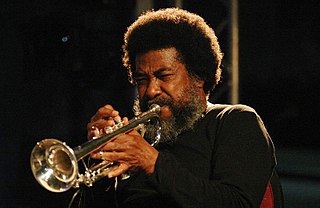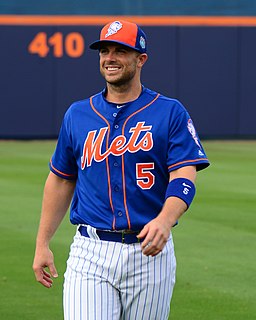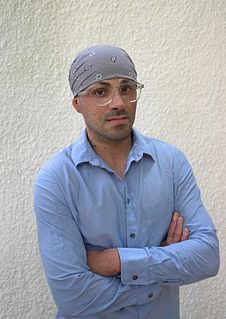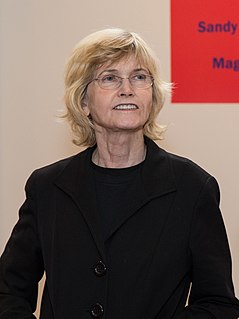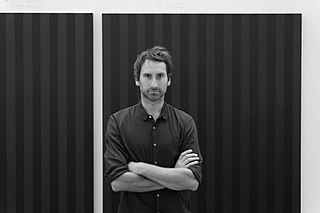A Quote by Dorothea Lange
The good photograph is not the object, the consequences of the photograph are the objects. So that no one would say, how did you do it, where did you find it, but they would say that such things could be.
Quote Topics
Related Quotes
How foolish of me to believe that it would be that easy. I had confused the appearance of trees and automobiles, and people with a reality itself, and believed that a photograph of these appearances to be a photograph of it. It is a melancholy truth that I will never be able to photograph it and can only fail. I am a reflection photographing other reflections within a reflection. To photograph reality is to photograph nothing.
The Photograph belongs to that class of laminated objects whose two leaves cannot be separated without destroying them both: the windowpane and the landscape, and why not: Good and Evil, desire and its object: dualities we can conceive but not perceive... Whatever it grants to vision and whatever its manner, a photograph is always invisible: it is not it that we see.
When it’s all said and done, I want to be able to say I got the most out of my potential. I don’t want to look back, however many years from now, and say, ‘I wonder if I would have worked a little harder. I wonder if I would have done this or done that, how things would have turned out.’ I want to, when it’s all said and done, be able to put my head on my pillow and say, ‘I did everything I could do — good or bad.’
Since I switched to an iPhone, I did start taking pictures of people I like. Until then, I strangely never took pictures. I think the iPhone became this space that was different enough from a "photograph," so I find myself taking pictures of daily things. If someone I dated asked me to take their picture, I would most likely find it disturbing. Perhaps nude pictures would be fun. But that would have to be on an iPhone.
If you could see a photograph of what it took to make an advertising photograph - things you don't think about, like the photo assistant carefully arranging the meatballs - the degree of unnaturalness would be astonishing. Yet it produces an image that looks natural, and is orchestrated to provoke basic emotional responses.
There seems to be something in the zeitgeist, and maybe it's a function of - I'm no analyst, nor am I a psychologist - when you look at things and say, What if I could go back and change things? I think we live in a world right now where people are asking those questions a lot. What if we could go back and change what we did? How would we change the way we handled things in the Middle East, and how would we change things with the banking industry, and how would we change economic and educational issues?
We regard the photograph, the picture on our wall, as the object itself (the man, landscape, and so on) depicted there. This need not have been so. We could easily imagine people who did not have this relation to such pictures. Who, for example, would be repelled by photographs, because a face without color and even perhaps a face in reduced proportions struck them as inhuman.
I would love to photograph Angelina Jolie. A friend of mine is working with her on her next film and told me what I was already suspecting, that she is extremely interesting. I have never seen a picture of her that conveys all of her complexity. That would be a fabulous challenge, to find that in a photograph.


